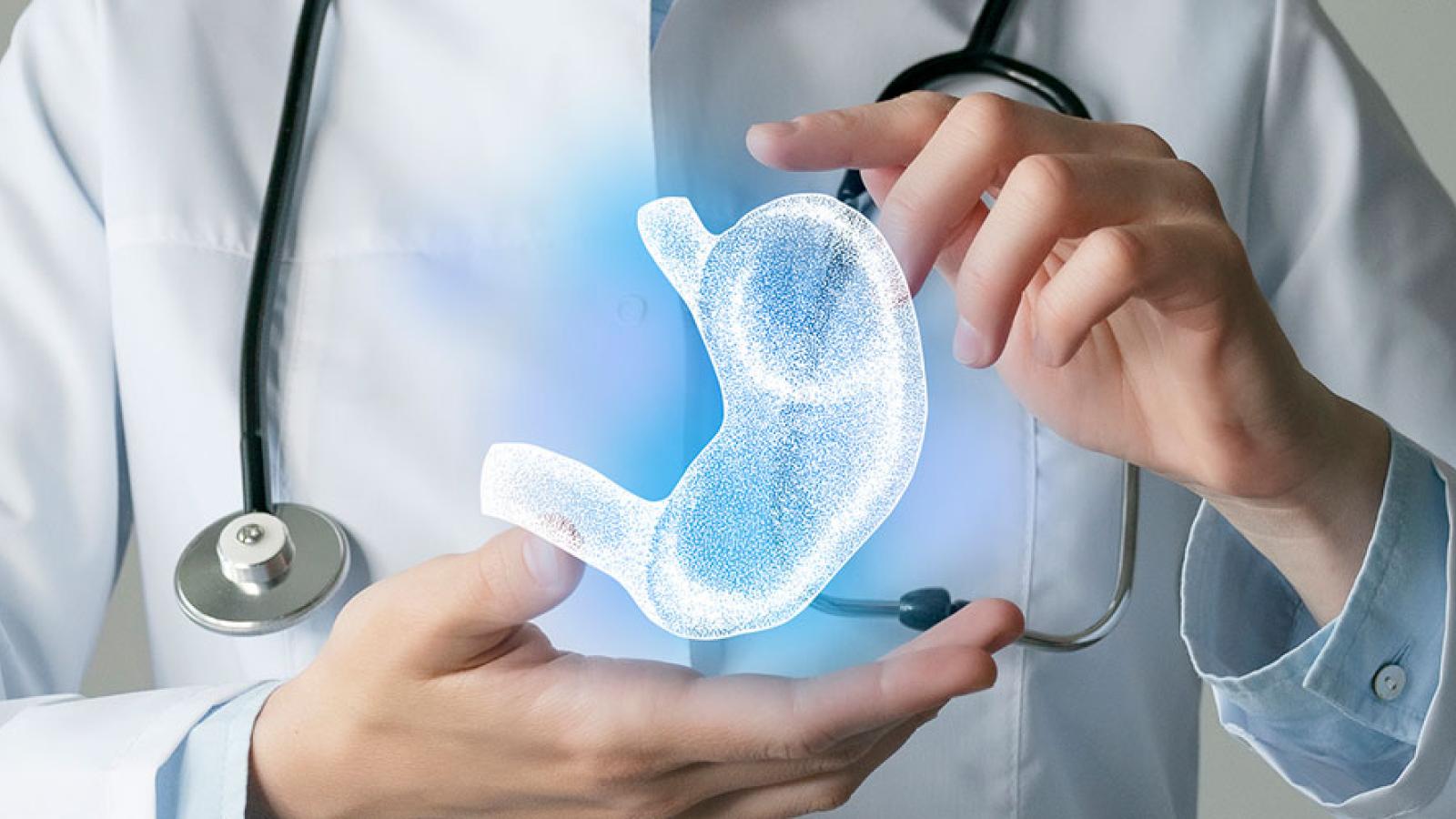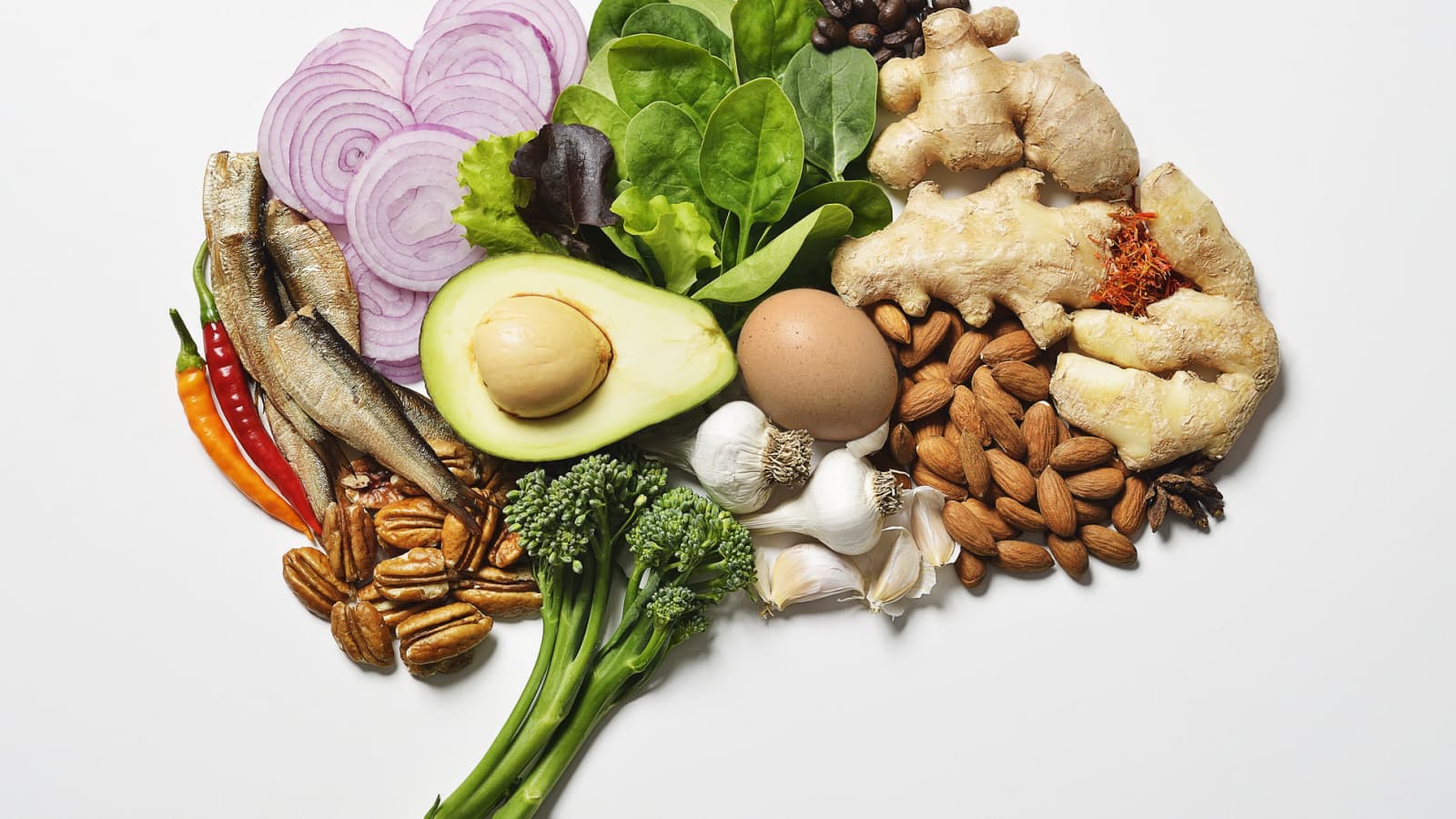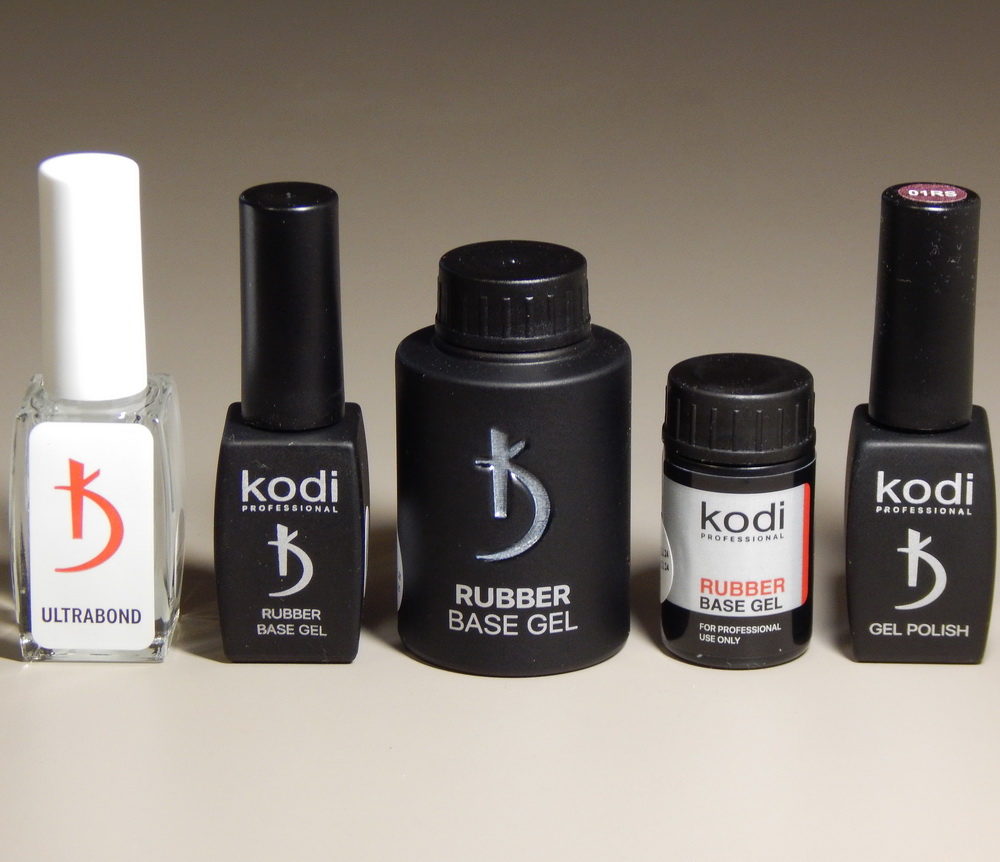Your arteries are responsible for delivering oxygenated blood from your heart to the rest of your body. This includes all your internal organs, your muscles, and your brain. When you are healthy, your arteries are clear and free of plaque, allowing blood to flow easily. Plaque buildup along the inner walls can cause them to clog. Plaque is a thick substance consisting of fibrin, cholesterol, cellular waste, fat, and calcium.
When it accumulates along your arterial walls, it can reduce or block blood flow. This can raise your risk of a stroke, heart attack, or death. According to experts like Dr. Eugene Tanquilut Tinley Park, this arterial blockage can be caused by damage to the walls, which in turn can happen due to the following.
Diabetes
Diabetes and elevated sugar levels in the blood can increase your risk of atherosclerosis – the hardening of the arteries. First, people with diabetes are more likely to develop other conditions that can damage their arteries. These include high LDL levels, high triglycerides, and high blood pressure. A more direct diabetes-atherosclerosis relationship exists because diabetes slows blood flow and drives inflammation. When the immune cells in your blood come into prolonged contact with plaque, they mistake the fatty deposits for intruders and attack them. This causes inflammation, which makes plaque more likely to swell, rupture, and block blood flow, increasing your risk of heart disease.
High Bad Cholesterol and Low Good Cholesterol
Bad cholesterol or low-density lipoprotein (LDL) is often present in the body in manageable amounts. When the levels rise, LDL can contribute to the formation of plaque. Medical experts believe that this effect works hand in hand with the reduction of good cholesterol. Like LDL, you also have good cholesterol or high-density lipoprotein (HDL) in your blood. HDL eliminates some of the LDL in your blood by ferrying it back to the liver. If HDL levels drop, LDL levels rise and arterial blockage may occur.
High Blood Pressure
High blood pressure makes it harder for your heart to pump blood. By straining your heart, it can damage your blood vessels and increase your risk of heart, kidney, and eye problems. The high rate of blood flow can also increase the rate at which plaque collects in your arteries, making atherosclerosis more likely. This is why high blood pressure is connected to many heart conditions.
Certain Foods
Some foods contain high amounts of trans and saturated fats that can contribute to plaque formation. These foods increase the fatty deposits in your blood, promoting arterial blockages. Similarly, some foods contain excessive amounts of salt and can contribute to high blood pressure. Common examples include processed meats such as bacon, ice cream, red meat, fried foods, cheese, and butter.
Smoking
Like diabetes, smoking causes inflammation and can contribute to high blood pressure. This makes it a major driver of atherosclerosis. The chemicals present in tobacco can also thicken your blood and promote clot formation, increasing your risk of arterial blockages and a heart attack.
Clear Your Arteries Today to Prevent Heart Problems
Plaque formation often begins during your childhood and teenage years and rarely causes any symptoms. However, you might experience the consequences later in life through complications like a stroke, heart attack, or even death. You can protect your heart health by getting these and other factors like living a sedentary lifestyle, stress, and obesity under control. The best way to do this is to consult a vascular specialist about your arterial health and get help clearing arterial blockages. To get started or learn more, call a provider near you today.















Leave a Reply